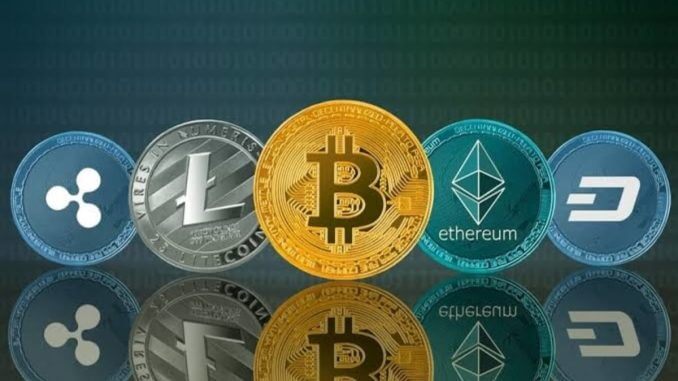The international arbitration boutique Aceris Law is pleased to announce that it has successfully resolved another dispute for another client, this time an arbitration concerning the cryptocurrency industry. Cryptocurrency arbitrations remain rare, but are likely to grow over the coming years as blockchain-related technologies become more mainstream.
Cryptocurrencies are digital assets that serve as a medium of exchange using cryptography to secure financial transactions, the best known of which include Bitcoin, Ethereum, Ripple, Litecoin and Tether. Arbitration is a useful vehicle to resolve cryptocurrency disputes, which tend to be highly technical in nature and require adjudicators with knowledge of the industry and its technical underpinnings.

The arbitration, which was subject to ICC arbitration under the law of an American State, involved claims and counterclaims of misrepresentation, fraud, breach of contract, defamation and unjust enrichment. The matter was resolved on advantageous terms for Aceris Law’s client.
“This is not the only arbitration where Aceris Law serves as counsel that is related to blockchain technology or cryptocurrencies,” noted William Kirtley of Aceris Law. “A number of entities throughout the globe are attempting to use blockchain technology for a wide variety of applications. I would therefore expect more arbitrations involving cryptocurrencies and blockchain technology over the coming years. While the ICC arbitration is confidential, like many arbitrations, we are always glad to assist our clients in resolving long-running disputes in a swift and cost-effective manner. The goal of Aceris Law is and remains to provide the highest quality arbitration legal representation in the world, working for clients in all jurisdictions, while charging approximately 1/3 the legal fees of our similarly-skilled competitors. Many clients fear arbitration due to its reputation of being expensive. While arbitration is typically less expensive than domestic litigations in the United States, for instance, it should be less expensive than all other forms of international dispute resolution for the simple reason that there are no appeals. Our excellent team was able to resolve this dispute quickly and efficiently, and we look forward to assisting clients involved in arbitrations concerning cryptocurrencies and blockchain technologies in the future. We are also helping more clients to organize virtual hearings, both as counsel and as arbitrator, in a variety of countries. Virtual arbitration hearings regarding blockchain technologies are indeed to be expected over the coming years. As domestic courts are often ill-equipped to deal with technical disputes involving blockchain technology, more parties who find themselves involved in a dispute involving cryptocurrencies or blockchain technology should make use of arbitration, in my opinion. Many parties do not realize that, even in the absence of an arbitration clause, a dispute may be resolved by arbitration if both parties agree to sign a submission agreement.”
